Boolavogue is a traditional Irish session tune that evokes a sense of history and rebellion. Named after a village in County Wexford, Ireland, where a significant battle took place during the 1798 rebellion against British rule, the tune carries a melancholic and defiant tone.
Its melody is characterized by a haunting minor key and a repetitive, rhythmic structure that builds tension and ultimately resolves in a satisfying cadence. The tune’s lyrical content, often improvised during sessions, often references the tragic events of the rebellion and the enduring spirit of the Irish people.


Responses